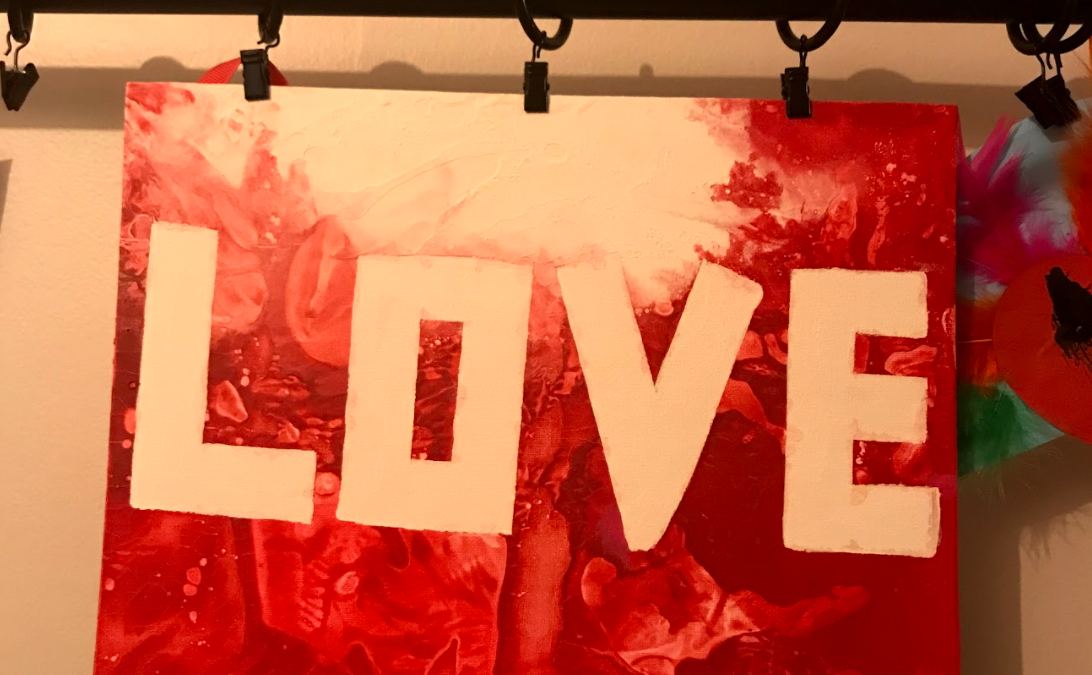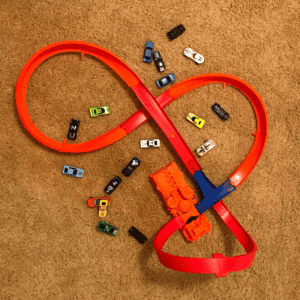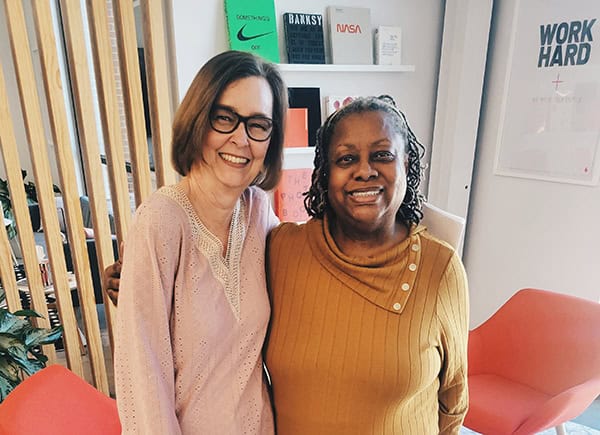
Foster parenting is a huge commitment. You are choosing to care for children, and by extension their families, and also committing to partnering with the state and other agencies that are on the family team. There will be all the typical parenting responsibilities plus additional appointments, meetings, and visits required by foster care regulations. There will be the emotional toll of meeting a young person where they’re at, trauma and all. Will it be hard? Most likely, yes. Will it be worth it? Most likely, yes. You can’t have all the answers to all the questions because there are so many unknowns in foster care, for everyone involved. But, you can be intentional about asking good questions and doing a realistic assessment of your family, resources and schedule.

There are so many beautiful and wonderful things that can happen when an individual or a family says yes to fostering. There is change, growth, perspective shift. There are new relationships. There is softening, sharpening, and refining. But is your family ready to take on the challenges that come with it? For some families, the answer may be an enthusiastic yes! You’re ready to get started. But the answer for others may be yes, but we need some learning and leaning in before we can start. For some, the answer will be no … at least not yet. That’s okay! There is so much you can do to make a difference, even if that means you are not fostering in your own home.
So, how do you know if you’re really ready to be a foster parent? How do you know if your kids are ready? The most honest answer I can give is that you may not ever be fully ready. There may not ever be a *perfect* time to foster. But, here is my best advice, four years into my own foster care experience, about how you can start considering, “Is this the right time to dive into fostering with my family?”
Ask: Do we really know what foster care is and what will be expected of us as a foster family?
Foster care is designed to be temporary. Foster families welcome children and youth into their home for an unknown period of time while parents work a reunification plan and/or while relatives are sought out by the state. Foster care is not intended to be a direct path to adoption. Do your research to understand what your state needs in terms of foster parents, foster to adopt parents, and adoptive parents. What is the difference and what is going to be the best fit for you?

Ask: Do I meet all the requirements to foster in my state?
Obviously it is critical that children and youth are kept safe while in foster care. While you may know that you and your family are safe, the state needs to conduct due diligence to ensure that they would not be putting children at risk by placing them in your home. Every state will be a little bit different. You can do a quick Google search of “how to become a foster parent in [your state]” to learn more about your state’s requirements. Typically you’ll want to find your state’s Child and Family Services or Department of Social Services (DSS) government website.
You will likely need to meet all of these requirements:
- At least 21 years old
- Provide character references
- Able to financially support yourself and your household
- In good enough physical and mental health to care for an additional child
- Pass a federal/criminal background check
Ask: Can we meet the needs of children and youth entering foster care? How will this impact everyone in our home?
Foster care is a team sport. It requires the investment and wholehearted support of everyone in the home. This means partners should be on the same page. Children should be on board as much as possible based on their age. There are age appropriate ways to introduce foster care to children through books, conversations and even videos.

How will foster care impact your children and your marriage? You don’t want to sacrifice the wellbeing and health of your children or your relationship. Consider if your family is able to deal with challenges and change well. Do you have healthy communication skills and coping skills? After some transition and loving support, will your children be happy to share their home, toys, and their parents’ attention? How will they cope when a child leaves the home after loving them as a sibling?
There are logistical questions to ask as well. Do I have the bedroom space needed? Enough space in my car? Can I get everyone to their schools? Will I need childcare? Do I have enough physical, mental, and emotional energy to parent an additional child? Can I carve out the time needed for each child and the demands of foster care? Do I have a support system to help us when we need it?
The answers to these questions may not be make or break for your family’s fostering journey. Perhaps, these questions help shape HOW you step into your journey. If your answers to these questions leave you concerned about your family’s ability to adapt to new children entering and leaving the home, consider if you could adjust your age range to better suit your family life and schedule. Some families choose not to disrupt birth order, others find it is actually better to foster older children. Not every family can care for children of all ages, genders and needs. Not every family can take siblings, although that is a great need. Consider starting with respite and short-term foster care to get your feet wet. Talk to foster families in your community! Find other ways to learn more, volunteer or test the waters.

Finally, practice honest self reflection to assess your personal attitudes and beliefs about children and youth in foster care and their families.
Here are some questions that I would encourage you to ponder. As you do, notice how your body tenses at certain things or where your mind wanders to. Feeling anxious or uncertain does not mean that you can’t handle being a foster parent, but recognizing your immediate responses may help you understand where you need to do a little more research, talk to a current foster parent to understand the commitment and challenges, or do some self-reflection before jumping in.
- How do I adjust to change or disruption?
- How do I interact with people whose lifestyles are different from mine, or people who come from different cultures, backgrounds or religions?
- Am I willing to make personal sacrifices for a child in my care?
- What are my motivations for fostering? Do I believe a child will make me or my family whole?
- Can I truly treat a child other than my biological child with love, dignity and respect? Will I ensure that they are not treated like a stranger or an outsider in my family?
- How much do I know about trauma and trauma-informed parenting?
- When I think about children in foster care, who do I picture? When I think of their parents and the reasons they are in care, how do I feel? Can I find empathy and compassion?
- If safe and appropriate, how do I feel about interacting with a child or youth’s parents and family members? Can I champion reunification of their family, if that is the goal for that case?
- Can I handle a child returning to their home or transitioning to a new home after loving them as my own?
These questions are not designed to scare anyone away from fostering, but instead I want to ensure each family has considered many of the complex aspects of fostering. I hope that you decide to continue pursuing the idea, but with eyes wide open, ensuring you feel well prepared for the exciting journey ahead!
Our Care2Foster staff would love to talk with you more about your interest in fostering – at whatever stage you’re at right now. We’re here to answer your questions with no pressure to take next steps, no judgement, ever! Call us at (864) 202-6839 or email [email protected]. We’re here to help at every step of the way. You’re never alone on this journey!



